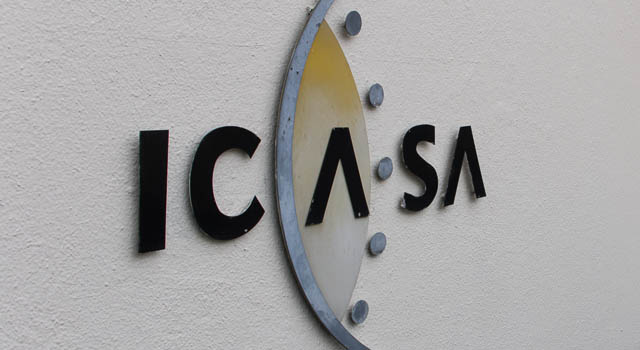
If the latest quarterly quality of service tests from communications regulator Icasa are correct, MTN may have a problem with the quality of its network in the Western Cape, but all operators clearly have challenges.
The authority, which conducts regular quality tests of the operators’ networks, focused this time on KwaZulu-Natal and the Western Cape. Vodacom, MTN and Cell C’s networks were included. Icasa says the tests are meant to identify shortcomings in the services offered by these operators, “promoting redress in the public interest”.
Results from Western Cape indicated that MTN failed Icasa’s “accessibility test” in all the tested areas. Tested areas were the Cape Town CBD, Cape Town International Airport, Worcester and Somerset West/Stellenbosch. It failed a “retainability test” in Somerset West/Stellenbosch.
Cell C, on the other hand, failed accessibility test in Somerset West/Stellenbosch and failed the retainability test in all the tested areas. Vodacom failed retainability in Worcester and Somerset West/Stellenbosch.
The tests were conducted during the first quarter of 2014.
Icasa conducted the quality-of-service monitoring through drive-testing using a special investigation tool called Tems. The focus of the drive-test was on network performance in terms of accessibility and retention of voice calls. The metric used to measure the above were call setup success rate and dropped call rate.
In KwaZulu-Natal, Vodacom failed the retainability test in Msinga, Empangeni, and Durban North/KwaMashu. Cell C failed the accessibility test in Msinga, Richards Bay and Port Shepstone, the retainability test in Msinga, Empangeni, Richards Bay, Durban North/KwaMashu and Port Shepstone.
MTN, meanwhile, failed the accessibility test in Msinga, Empangeni, Richards Bay, Durban North/KwaMashu and Port Shepstone, and retainability measurements in Msinga and Durban North/KwaMashu.
These tests were done during the last quarter of 2013.
“Quality of service is the collective effect of service performance which determines the degree of satisfaction of a user of the service — the capability of a network to provide a quality service to selected network traffic over various technologies such as GSM,” Icasa said.
“The authority continues to improve its reports and encourages all consumers to refer their complaints to the authority should they be dissatisfied with how operators have dealt with network and service deficiencies,” it said. “This will allow the authority to crosscheck data provided by the operators with data provided by consumers.”
Icasa said the reports “go a long way in enabling consumers to make informed choices when selecting a service provider”. — © 2014 NewsCentral Media




